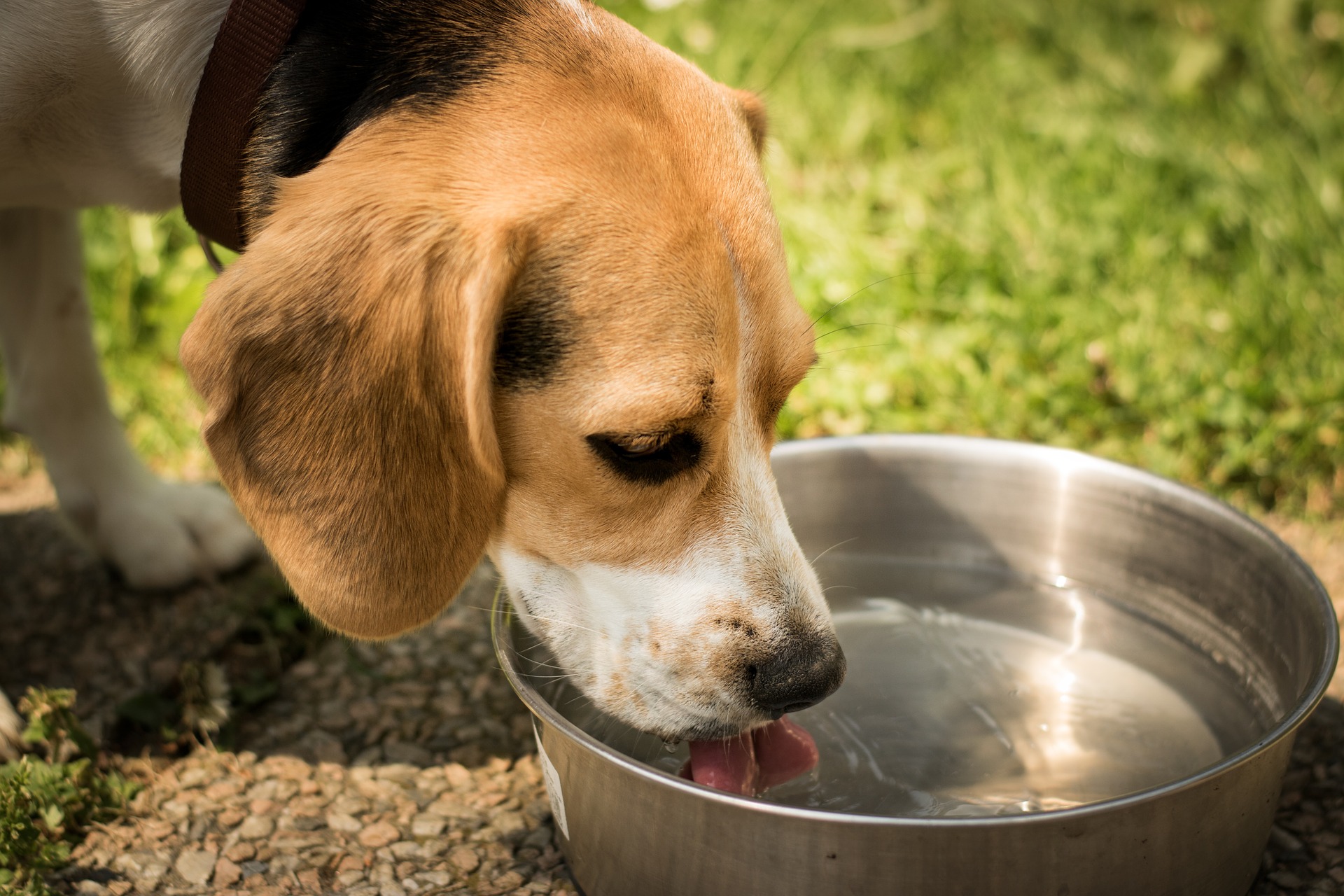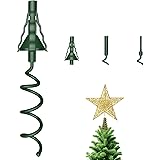Christmas Tree Topper Holder - Twist On Universal Stabilizer with Adjustable Attachments. Secure Lock for Treetop Ornaments, Fits Most Basic Tree Types & Topper (Green)
$24.99 (as of December 3, 2025 14:48 GMT +00:00 - More infoProduct prices and availability are accurate as of the date/time indicated and are subject to change. Any price and availability information displayed on [relevant Amazon Site(s), as applicable] at the time of purchase will apply to the purchase of this product.)Puppies are known for their curious and playful nature. One of the things that puppies love to do is explore their environment by putting everything in their mouths. This behaviour is an instinct for them, as they use their mouths to investigate and learn about the world around them. Puppies are also highly food-motivated, so they always look for something to eat. Whether it’s their food, treats, or something they find on the ground, puppies strongly desire to eat just about anything they can get their paws on.
Keep your puppy away from sticks.
Sticks can cause emergencies in puppies and even cause death. In case sticks are ingested, they will be prone to the following-
- Choking hazard: Puppies may chew on sticks or small stones and accidentally swallow them, which can cause choking and potentially life-threatening airway obstructions.
- Mouth injuries: When puppies play with sticks, they may accidentally injure their mouths or get splinters lodged in their gums or tongue. Stones can also cause dental fractures or the breakage of teeth.
- Gastrointestinal blockages: Puppies may swallow sticks too big to pass through their digestive tract, which can lead to blockages and require emergency surgery to remove them.
- Poisoning: Some types of sticks, such as certain types of wood or minerals, may be toxic if ingested. Puppies may also ingest pesticides or other chemicals applied to sticks or stones. If you see your puppy eating sticks, immediately intervene and take the sticks out of its mouth.
To prevent these emergencies, it is essential to supervise puppies during playtime and provide them with safe, appropriate toys. See veterinary care immediately if you notice any choking, mouth injuries, or gastrointestinal distress.
Keep your puppy away from other dangerous items- watch out for Pica!
Pica in dogs or puppies refers to a condition where they compulsively eat non-food items besides sticks, such as rocks, dirt, clothing, plastic, or other materials not part of their usual diet.
The exact cause of Pica in dogs is not fully understood, but several potential factors can contribute to the development of this behaviour. These include:
- Nutritional deficiencies: Dogs or even puppies may engage in “pica” behaviour to supplement their diet with nutrients they may lack.
- Boredom or anxiety: Dogs and puppies that are bored or nervous may turn to Pica to ease their stress or monotony.
- Medical issues: Certain medical conditions, such as gastrointestinal problems, parasites, or thyroid dysfunction, can cause dogs to engage in pica behaviour.
- Genetic predisposition: Certain breeds may be more prone to Pica behaviour than others.
In many ways, this condition is dangerous to dogs, especially innocent puppies. It can cause:
- Gastrointestinal obstruction: Consuming non-food items can lead to blockages in the digestive system, which can be life-threatening. Puppies are particularly vulnerable to blockages as their digestive systems are still developing.
- Tooth damage: Chewing on complex objects can cause dental fractures or tooth breakage, leading to pain and discomfort.
- Poisoning: Eating toxic substances such as pesticides, cleaning agents, or medications can result in poisoning and severe health complications.
- Nutritional deficiencies: Consuming non-food items can lead to a lack of essential nutrients, causing malnutrition and other health problems.
- Behavioural issues: PICA can also be a symptom of underlying behavioural problems, such as anxiety or boredom, that may require professional intervention.
What should you do if you notice signs of Pica?
It’s essential to seek veterinary help if you notice any signs of Pica in your puppy, such as vomiting, diarrhoea, abdominal pain, or lethargy. Your veterinarian can determine the underlying cause and develop a treatment plan to prevent serious health issues.
If your puppy eats something other than their regular food, there are several steps you can take:
- Assess the situation: Determine what your puppy ate, how much it ate, and how long ago. This will help you determine the level of concern and the appropriate course of action.
- Call your vet: If your puppy has eaten something toxic or potentially harmful, contact your veterinarian immediately. Depending on the situation, they can advise you on what to do next.
- Observe your puppy: Watch your puppy closely for any signs of distress, such as vomiting, diarrhoea, lethargy, or loss of appetite. If your puppy shows any of these symptoms, contact your veterinarian immediately.
- Limit access to non-food items: Make sure your puppy can’t get to anything else they shouldn’t eat. This may mean keeping them in a crate or confined space when you can’t supervise them or ensuring your home is puppy-proofed.
- Stick to a regular feeding schedule: Feed your puppy consistently and ensure they get the appropriate amount of food for their age and size. This can help reduce the likelihood of them seeking other things to eat.
Prevention is better than a cure.
Remember, prevention is the best action when keeping your puppy safe. Keep potentially harmful items out of reach and supervise your puppy closely to prevent them from ingesting anything they shouldn’t.
While puppies’ desire to eat everything can be adorable, it can also cause concern. Eating something toxic or dangerous can lead to serious health problems or even death. Puppies are curious and need help understanding what is safe for them to eat and what is not.
It’s important for puppy owners to puppy-proof their homes by keeping hazardous items out of reach and supervising them closely when outside. Make sure you keep sharp objects away from them as well, especially if they go to play at the park.
Providing puppies with appropriate toys and chews can also help redirect their desire to chew and prevent them from eating something they shouldn’t. With proper guidance and training, puppies can learn what is safe to eat and what isn’t and grow into healthy and well-behaved adult dogs. As a pet owner, your responsibility is enormous, and you must ensure your dog is cared for. When you are training your dog in the initial years, you must keep a close watch until they learn what to eat and avoid.



